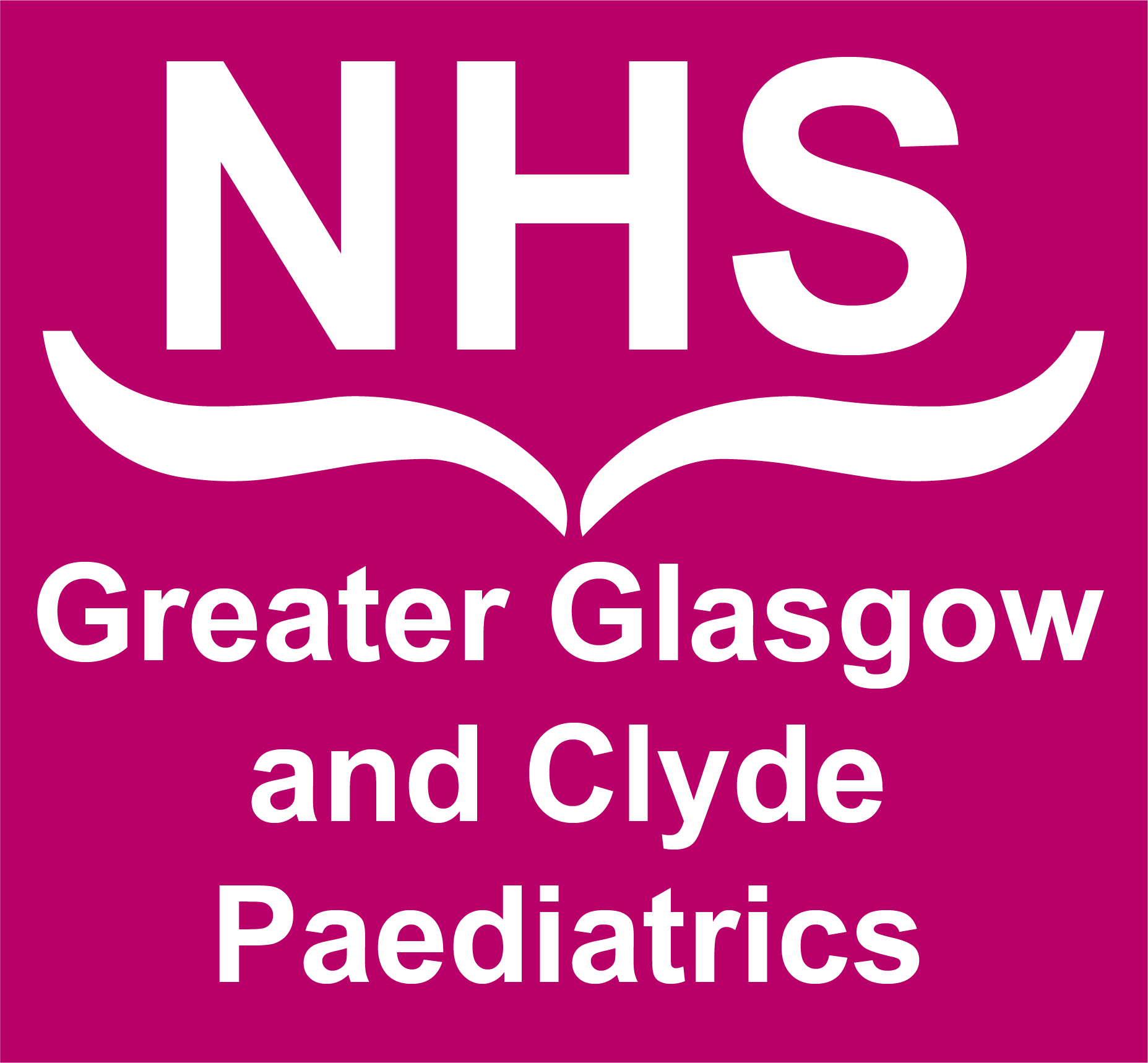Principle
The UN rights of the child now include protection from moral injury and this was adopted into Scottish law as of 15th July 2024.
NHS staff should also be protected, as much as is possible from moral injury, as they are, from other types of health and safety hazards while providing and delivering medical care.
Process
Families should be asked about their values, i.e. about what matters most to them. If a belief community is part of that, they should be asked if leaders of their local belief community will be able to offer them support over the time ahead. A summary of these conversations, with details of any belief community leaders and their contact details, should be recorded by PICU.
The views of children and young people should be sought (where appropriate and possible) by staff before leaders of belief communities are invited into PICU by family members.
If such a visit is welcomed by a patient, call the spiritual care team who will liaise directly with the belief community leader being invited into PICU, including liaising with the family.
If such a visit is not welcomed by a patient or if they are unable to give their view, a belief community leader is to be invited on the basis that they will meet with the family in the sanctuary, and not at the patient’s bedside. Again, inform the spiritual care team to facilitate this with and on behalf of the family.


